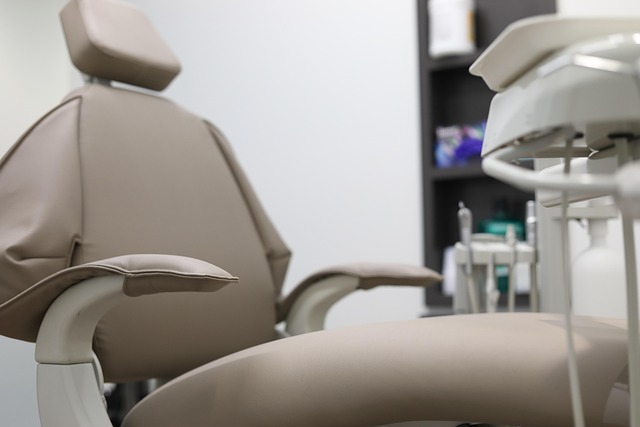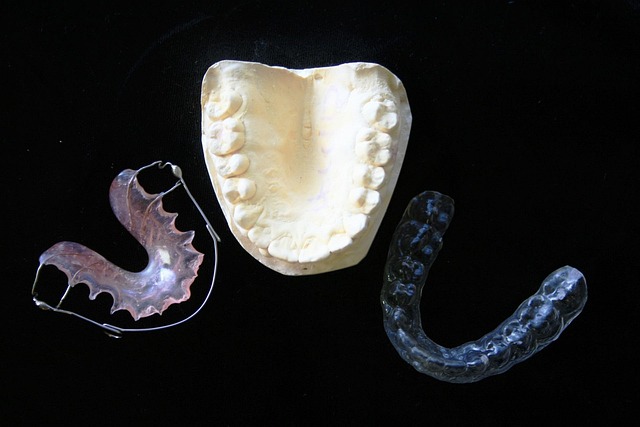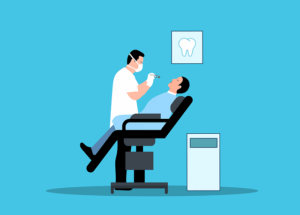Dental clinics face multifaceted risks, necessitating comprehensive insurance for dental offices. Key coverage areas include general liability, professional liability (malpractice), property damage protection, and business interruption. Exclusions vary, so implementing safety protocols and staying current with industry standards is crucial. Effective claim management involves detailed incident documentation, policy review, accurate claims submission, tracking, and appealing denials if needed to ensure timely reimbursements.
Dental clinics face unique risks, from patient safety issues to medical malpractice claims. Understanding these exposures is crucial for any dentist aiming to protect their practice and patients. This article explores comprehensive insurance solutions tailored for dental offices. We delve into essential professional liability coverage, property protection options, and common exclusions. Additionally, we provide a step-by-step guide to navigating claims, ensuring dentists are equipped with the knowledge to safeguard their practices and maintain patient trust in today’s competitive healthcare landscape.
- Understanding Dental Clinic Risk Exposure
- Essential Coverage: Professional Liability Insurance
- Protecting Your Practice: Property Insurance Options
- Comprehensive Dental Insurance Packages
- Common Exclusions and How to Mitigate Them
- Navigating Claims: A Step-by-Step Guide for Dentists
Understanding Dental Clinic Risk Exposure

Dental clinics, with their intricate procedures and frequent patient interactions, face a unique set of risks that demand comprehensive insurance coverage. From medical malpractice suits to property damage and liability claims, the potential for financial exposure is significant. Every dental office, whether it’s a solo practice or a large dental group, must carefully assess these risks to ensure adequate protection.
One of the primary concerns is patient safety during dental procedures, which can lead to medical negligence claims. Additionally, dental clinics often contain valuable equipment and furniture, making them susceptible to theft, damage from natural disasters, or accidental fires. Therefore, insurance for dental offices should encompass general liability coverage, professional liability (malpractice), property insurance, as well as business interruption protection to mitigate these risks effectively.
Essential Coverage: Professional Liability Insurance

Professional Liability Insurance is an indispensable component of insurance for dental offices, offering protection against potential claims and lawsuits. This type of coverage, often referred to as malpractice insurance, safeguards dentists and their practices from financial loss arising from alleged negligence or medical errors. It compensates for legal fees, court costs, and any damages awarded in the event a patient files a lawsuit due to perceived substandard care.
For dental offices, having this essential coverage is vital to mitigating risks associated with the complex nature of dental procedures. It ensures that dentists can practice without constant worry about potential liabilities, allowing them to focus on providing quality patient care. With every dental procedure involving some degree of risk, professional liability insurance serves as a safety net, offering peace of mind and financial security in case unforeseen circumstances arise.
Protecting Your Practice: Property Insurance Options

Protecting your dental clinic from unforeseen events is paramount. Property insurance for dental offices plays a crucial role in mitigating financial risks associated with damage to your facility, equipment, and inventory. Options range from standard commercial property coverage to specialized policies tailored to the unique needs of dental practices.
Consider comprehensive protection that includes not just building damage but also loss or damage to medical equipment, furniture, and supplies. Some policies even extend coverage for business interruption, ensuring you can recover financially if your clinic needs to close temporarily due to a covered event. By exploring these insurance for dental offices options, you can safeguard your investment, maintain continuity of care, and ensure the longevity of your practice.
Comprehensive Dental Insurance Packages

Dental clinics, much like any other business, face a unique set of risks and liabilities. This is where comprehensive dental insurance packages step in as a vital protective measure. These insurance plans are tailored to cover various aspects of running a dental office, from equipment malfunctions to professional errors and even legal disputes.
When considering insurance for dental offices, it’s essential to look for policies that offer broad coverage. Ideal packages should include protection against property damage or loss, liability for personal injuries sustained on premises, and medical malpractice coverage. Additionally, dental practices may benefit from specific coverages for their specialized equipment and inventory, ensuring that any unexpected events won’t cripple their operations.
Common Exclusions and How to Mitigate Them

Many dental clinic insurance policies come with specific exclusions, which can leave practices vulnerable if they’re not adequately prepared. Common exclusions include coverage for professional liability claims related to negligence, such as misdiagnosis or treatment errors. Also, damage to personal property or equipment is often excluded. To mitigate these risks, dental offices should implement robust safety protocols and stay up-to-date with industry standards. Regular staff training on proper procedures can help reduce the chance of errors. Keeping detailed records of patient treatments and maintaining a well-organized facility can also demonstrate due diligence in case of inspections or claims. Additionally, considering add-on coverage for specific high-risk areas like radiation equipment or certain surgical procedures can fill gaps left by standard policies.
Navigating Claims: A Step-by-Step Guide for Dentists

Navigating claims is a crucial part of running a dental clinic, and understanding the process can help streamline resolution and reduce potential financial strain. Here’s a step-by-step guide for dentists to effectively manage insurance claims.
1. Incident Documentation: The first step is thorough documentation of the incident. This includes detailing the procedure being performed, patient information, and a comprehensive record of all costs associated with treatment. Keeping detailed records from the outset ensures that every element of the claim can be accounted for.
2. Review Insurance Policy: Next, carefully review your dental office’s insurance policy to understand coverage limits, exclusions, and specific requirements for submitting claims. Different policies may have varying procedures, so familiarizing yourself with your particular plan is key.
3. Prepare and Submit Claim: Compile all necessary documentation—patient records, receipts, and treatment details—and prepare the claim according to your insurer’s guidelines. Ensure accuracy in coding and billing to avoid delays or denials. Submit the claim electronically if possible, following up promptly with a phone call to confirm receipt.
4. Track Claim Status: Regularly check the status of your claim through your insurance provider’s online portal or by contacting their customer service. This proactive approach ensures you stay informed and can address any issues that arise early on.
5. Appeal if Necessary: If a claim is denied, don’t hesitate to appeal. Gather additional documentation to support your case and follow the insurer’s procedures for appeals. Understanding your rights under the policy and knowing how to navigate the appeals process is crucial for recovering denied benefits.
